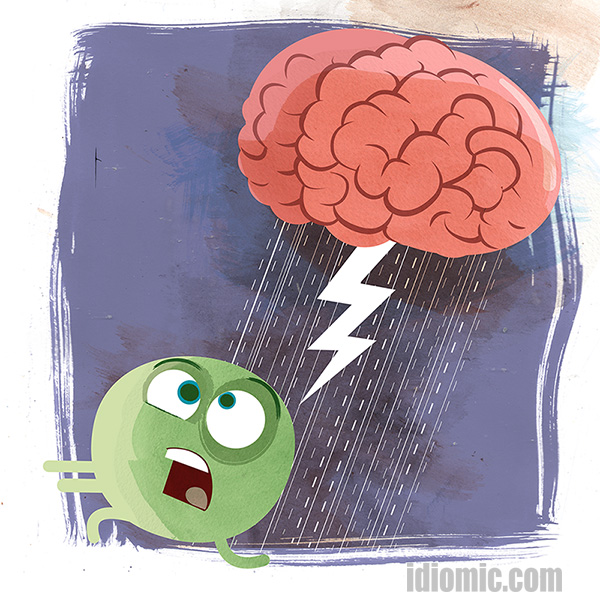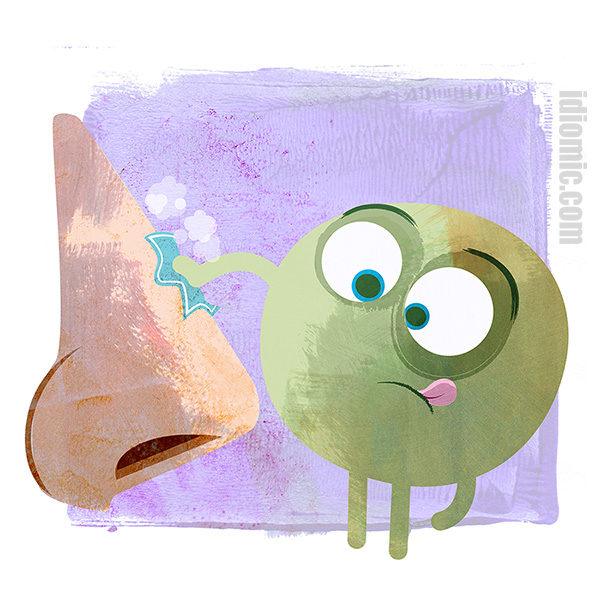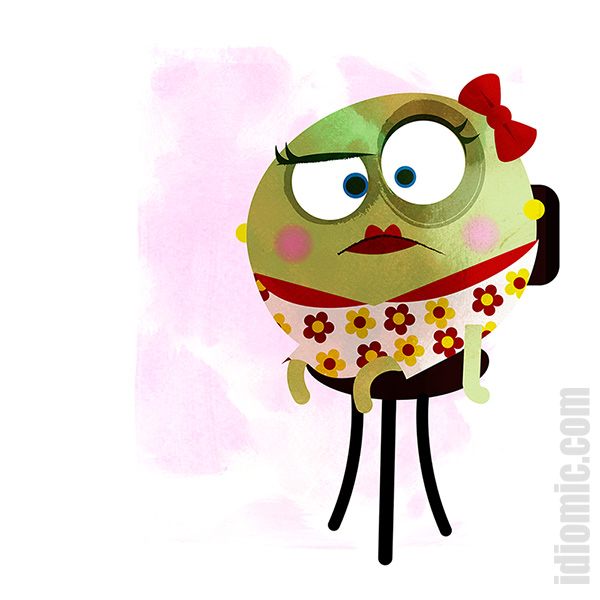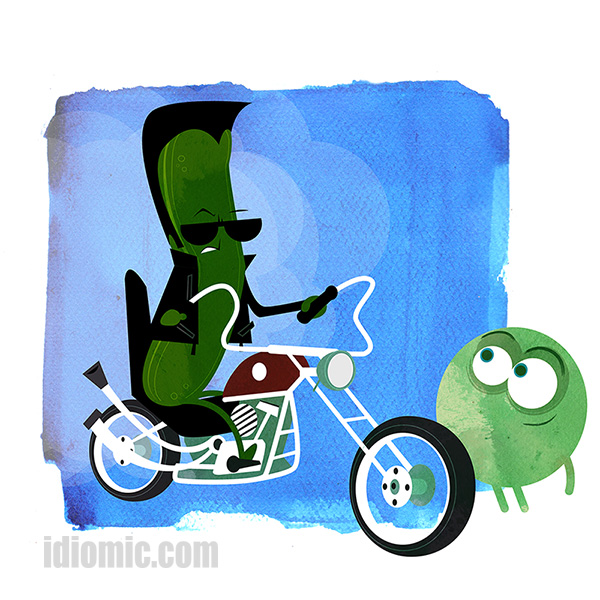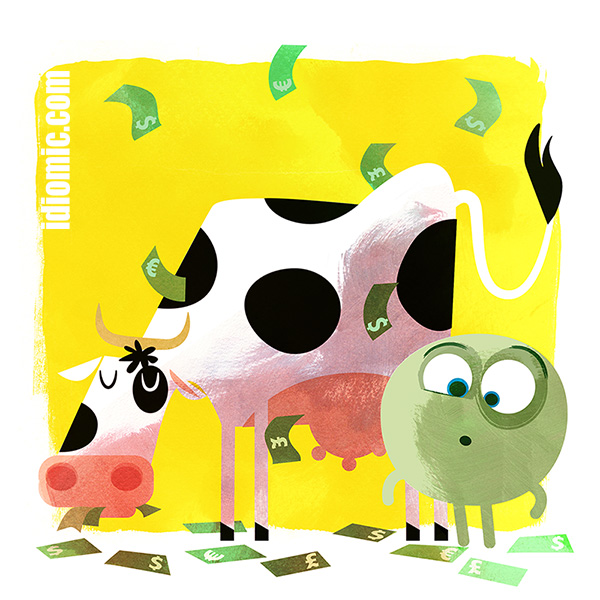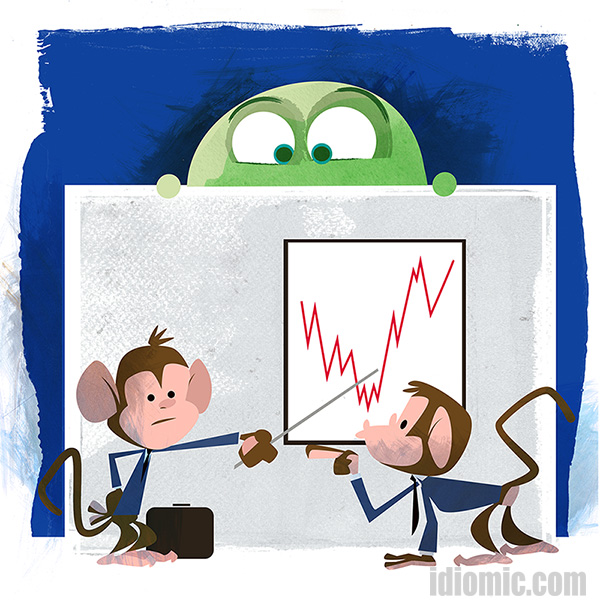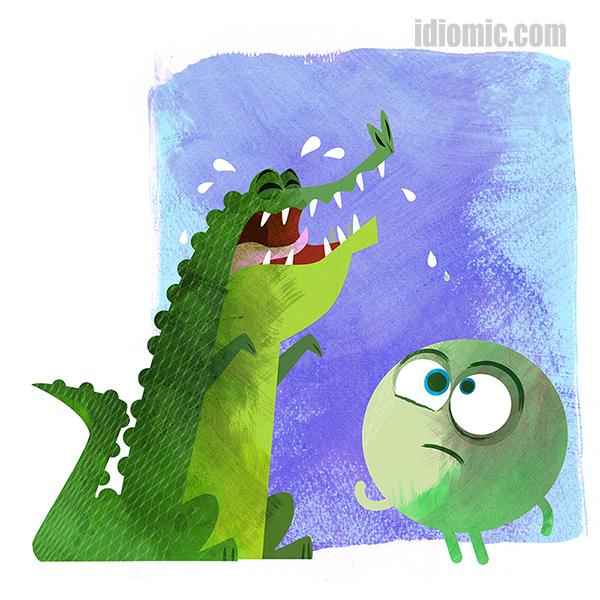Definition: A creative group technique to stimulate ideas
Example: Doyle and his two co-workers spent most of the day brainstorming a name for the client’s new biscuits. The best they could come up with was “Yummies’. They did manage to eat all the samples though.
Origin:
Iddy’s not sure if brainstorming is a true idiom, or simply a term, but it confused the heck out of him, so here we go…
It was coined by advertising executive Alex F. Osborn in the 1950s. It was a technique he pioneered when he realised individuals were not coming up with many ideas within his agency. Throwing them together in a room, probably with lots of coffee, yielded far more creative ideas.
He had four components to create the perfect brainstorming session:
- QUANTITY. The more ideas, the better
- NO CRITICS. There is no such thing as a bad idea at the session.
- BE WILD. Encourage crazy thinking
- COMBINE TO IMPROVE. Throw ideas together to see if they can complement each other.
Now sit back and watch the creative lightning rain down from the heavens!

